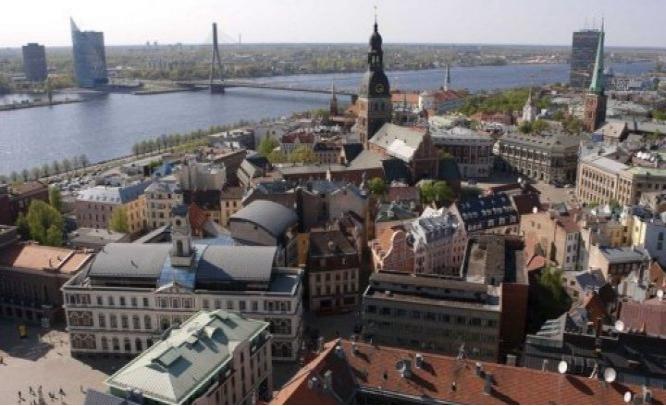The tiny Baltic state of Latvia has got the approval to become the 18th Member of the Troubled Euro Currency Union.
8th June 2013: The Baltic state of Latvia has received the official endorsement for membership in the euro currency union and will become the 18th country to adopt the single currency despite the euro zone crisis. This move to elevate Latvia is a clear demonstration to show the endurance of the Euro zone despite its dismal economic performance and damaged reputation. The European commission confirmed that the Baltic state had met the criteria for joining the single currency. Latvia is looking to reduce its dependency on Russia and strengthen its ties with Western Europe. Latvia becomes the second Baltic state, after Estonia, to join the euro. The country will start using the currency by 2014 after meeting the criteria for membership which includes low inflation, long term interest rates and low public debt. Latvia had to show that its laws on issues like central bank independence are in line with European Union standards. The application would now require the review of the European parliament and endorsement by European Union political leaders, a process that is likely to result in the approval only by July. Latvia, is expected to replace its national currency with effect from 1st January, 2014. The Prime Minister of Latvia Valdis Dombrovskis tweeted the decision was “the next step for growth”.
Olli Rehn, Commissioner for Monetary and Economic Affairs of the European Union said “Latvia’s desire to adopt the euro is a sign of confidence in our common currency and further evidence that those who predicted the disintegration of the euro area were wrong”.
The country has a population of nearly 202 million and an economic output of 20 billion Euros, last year.
Divided Opinion
Many among the country’s 2 million people are skeptical to join, due to the euro zone’s debt problems. Anti euro parties won more than half the vote held in the local elections in the capital, Riga, last week. Euro opponent Andris Orols, head of “Latvia for the Lat” vowed to ask the constitutional court to review the government’s decision. “We are against the Euro because we believe that an independent and sovereign country cannot exist without its own money which it controls” he said. The Latvian government did not hold a voter referendum on Euro membership. However, in many ways the country is already a ‘de facto’ member. Latvia, has kept its currency, the ‘lat’ closely tied to the euro. Latvian bank loans are usually denominated in euros. Latvia and its Baltic neighbors Lithuania and Estonia tend to be in favor of integration with Western Europe, due to fear of pressure by Russia. They were incorporated into the Soviet Union forcibly during the Second World War and regained their independence only in 1991.
Compared with other euro countries such as Greece and Italy, its government finances are in good shape. Its budget deficit at the end of 2012 was a modest 1.2 percent of annual economic output, well below the EU’s 3 percent limit. Its debt burden stood at 41 percent of output, less than 60 percent requirement and far lesser than the euro zone average of 91 percent. Latvia would enjoy certain economic benefits by not having the costs and inconvenience of exchanging one currency to another while travelling or when doing business across the borders. Government and companies across the euro state have wider access to credit from lenders across the euro zone. The euro is also more stable and less prone to inflation than some of its predecessor currencies. However, EU policy makers are concerned about the Latvian banking system. At the end of April, foreign cash represented 49 percent of all deposits in Latvia, exceeding EU standards. Mr. Rehn defended Latvia’s banking sector, saying it was very small relative to the rest of its economy, meaning it was not susceptible as other euro zone countries, particularly Cyprus, which was a haven for Russian deposits before March’s £ 10 billion bailout to a banking induced crisis.

